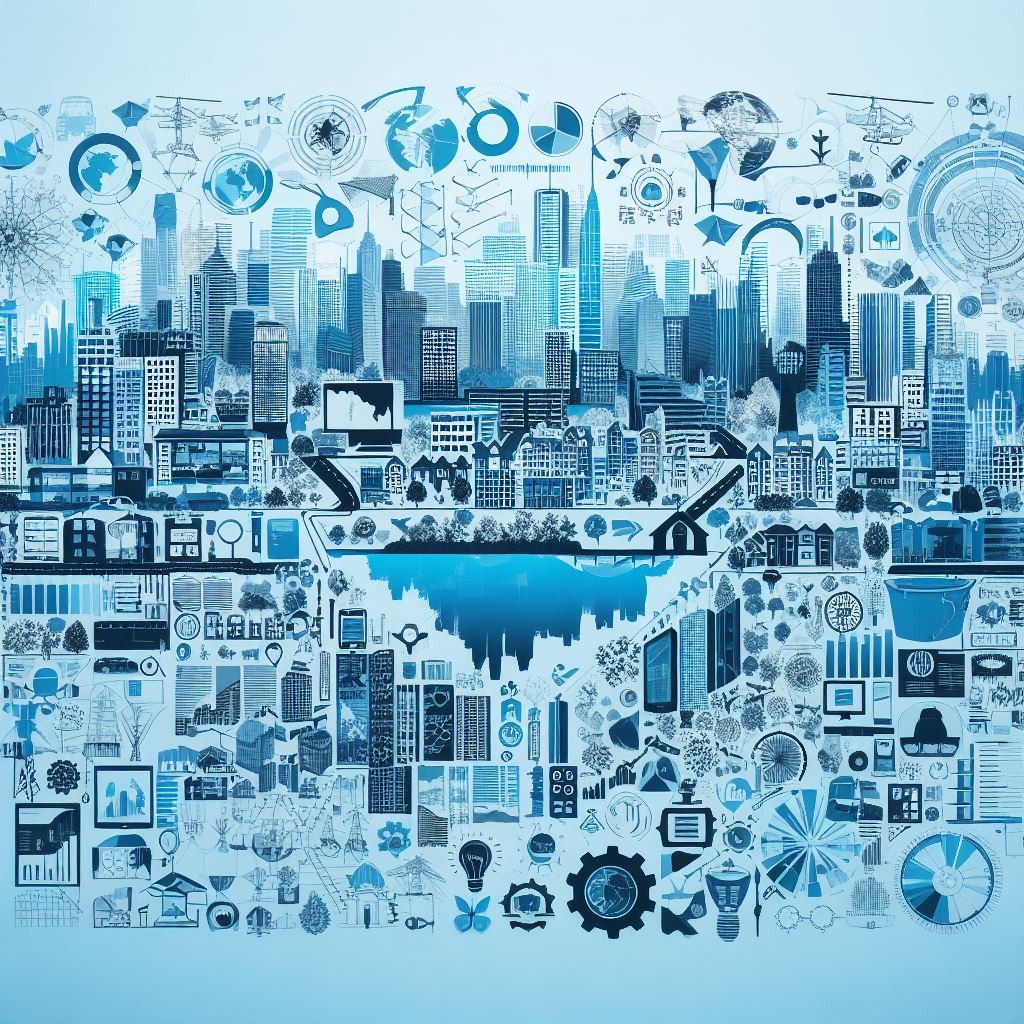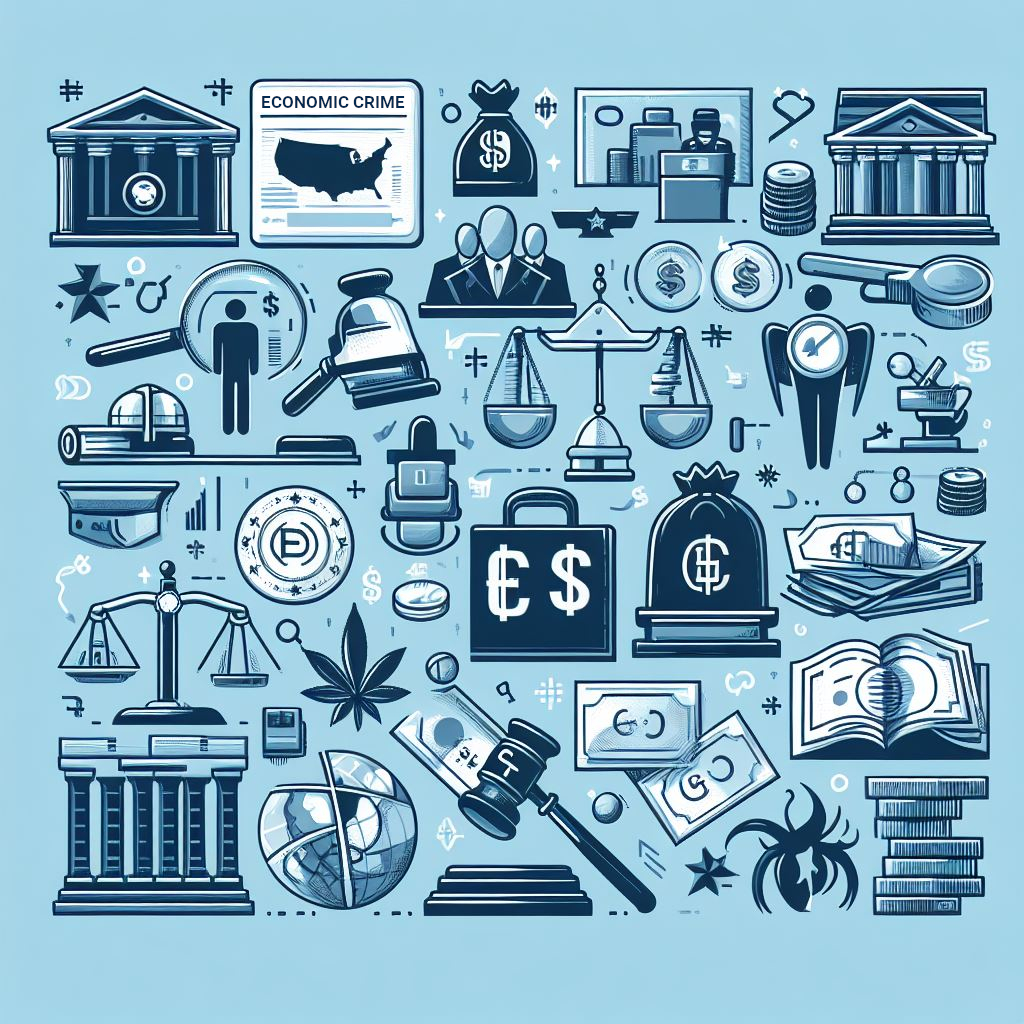
Research Topics
In the second three-year period of activity, the Project will focus on expanding new research lines, both theoretical and empirical, that build upon the previous work carried out on Open Government Data (OGD) by the Open Data Observatory. This approach aims to leverage the variety of themes and research expertise within the Department, with the goal of further enhancing the position of the Department of Sociology and Social Research (DSRS) in both national and international scientific discourse.
The planned research lines take into account the gender perspective, as outlined in the Gender Equality Plan (in Italian) of the University of Milano-Bicocca. The research lines will be developed with two main objectives: on one hand, to strengthen the existing scientific expertise within DSRS, contributing to the scientific discourse and promoting new collaborations with other research institutions; on the other hand, to address the needs of Italian public administrations by adapting research to the concrete challenges in the formulation, implementation, and evaluation of public policies. Collaborations with local administrations can also generate additional resources through specific research and development contracts.

LABOUR MARKET TRANSFORMATIONS
Vulnerable Workers in Strong Economic Contexts? The Labour Market of the Event Industry in Milan
This project analyzes the labour market of the event industry in Milan and investigates two dimensions: on one hand, the significance and characteristics of the labour market in this industry, the characteristics of its workers, their career trajectories, and occupational paths; on the other, the working conditions of those employed in this sector, entry and career pathways, and the role of agencies and other actors – both formal and informal – taking part to this economy. The first dimension will be explored through quantitative analysis of administrative data on job placement, thanks to collaboration with the Labor Market Observatory of the Metropolitan City of Milan. Qualitative methods will be adopted to analyze the governance of the event economy, the quality of work in a significant sector of the Milanese context, and the impact of this economy on the meanings of work and various dimensions of life.
NEW SCENARIOS AND EDUCATIONAL CHALLENGES
The Role Of Local Contexts And School Processes In The Development Of Students’ Skills And Education Choices
The operation aims to investigate to what extent the characteristics of the local contexts in which schools are located and their endowments of multiple teaching resources lead to different learning outcomes, also among students from different socio-economic backgrounds. A special focus will be on the technological endowments of schools and the learning, including of digital skills by students.
In addition to learning differentials, it is also intended to investigate how students from different institutions, located in areas with more or fewer school choice options, are led to make different educational choices.
In both cases, the aim is to understand the role of contexts and educational institutions in generating different intensities in the reproduction processes of social inequalities in education.
Operationally, the aim is to reconstruct a database with context data, resources available to schools and how they operate, to be linked to INVALSI source datasets on students’ learning and school choice behaviour. From the integration of multiple sources, the possibility of modelling the educational processes taking place in local contexts in a new way will emerge.


WELFARE AND COMMUNITY HEALTH
Welfare And Community Health: Knowledge, Integration, Participation
The project investigates the community building and community management process in the context of welfare and health policies, by focusing on 1) the new community health services in the PNRR: Case della Comunità, Centrali Operative Territoriali, Infermieri di comunità; 2) community welfare services and Community management implemented by municipalities and special public local companies for social services.
The focus is on the functioning and governance of these institutions, particularly on three fundamental levels: 1) how they codify, organize and connect knowledge about and from the community; 2) the integration with services and actors of the community, both public organizations and third sector and private actors; 3) the involvement and participation of citizens and civil society, in terms of listening, co-designing and co-planning of services and interventions and recognition of community organizing practices.
CITY AND TERRITORY TRANSFORMATIONS
Milan Ecosphere, Narratives Of A Transforming City
The project aims to investigate how urban transformations – from an economic, social and environmental perspective – are managed, with a particular focus on representations and narratives. The focus is on the changes that have affected the city of Milan over the last ten years, reshaping its identity, the characteristics of its urban fabric, and its productive vocations. The city’s projection onto the international stage has heightened its features as a global city, highlighting a strong European vocation and a dense agenda of initiatives related to cultural programming, the promotion of leading economic sectors, and the organization of various events. To these aspects, there is an additional and more recent dimension related to the impacts of the climate crisis, to which Milan is attempting to respond with specific plans, policies, and programs. Specifically, the project delves into two dimensions: on one hand, the transformation of Milan into an eventful city with a focus on the Milan-Cortina 2026 Olympic event as a case of urban policy, with particular attention to the event’s sustainability dimension. On the other hand, the transformation of Milan into a climate-neutral & smart city, analyzing urban policies oriented towards environmental sustainability, environmental governance, and the associated narratives. The research employs a mixed-method approach, investigating governance and policy dimensions through qualitative analysis and environmental health status through quantitative analysis of Open Government Data (OGD).


SECURITY, DEVIANCE AND RISK MANAGEMENT
Economic Crime And The Emergence Of So-Called “Organizational Guilt”: “Longitudinal Maps” Of The District Of The Court Of Appeal Of Milan In The Period 2015-2023
The goal of the project is to use the dataset on the activity of the District of the Court of Appeal of Milan (2015-2023) for an innovative analysis on the transformation of economic crime and the so-called organizational guilt. The temporal evolution of mafia-related and economic crimes, such as false accounting, fraudulent asset bankruptcy, etc., will be examined. The aim is to draw longitudinal maps on the evolution of crime in the District of the Court of Appeal of Milan and to analyze the process of the emergence of “organizational guilt” (Legislative Decree 231/2001) in judicial proceedings, with particular attention to the judicial control of companies involved in unlawful contexts. The quantitative analysis will be complemented by an exploration of judicial proceedings to understand the mechanisms that can foster corporate crimes, with particular attention to the organizational field and institutional logics.
SURVEILLANCE AND CONTROL SYSTEMS
Digital Surveillance And Big Data Policing
The use of digital technologies and big data analysis through automated algorithms is increasingly relevant in crime prevention and control practices and urban security governance. This is manifested in forms of predictive policing based on machine learning, participatory security projects with apps for citizens and police, public and private video surveillance networks, and information sharing protocols for mass surveillance. However, critical issues arise in relation to pervasive surveillance, privacy risks, algorithmic discrimination and social exclusion. The project focuses on the impact of ICT and big data on public security in Milan, including the collection of data from surveillance devices and an analysis of the organizational consequences, the cooperation between public and private actors, and the social and political changes that are generated.


APPROACHES TO ORGANIZATIONAL CHANGE
Changes And Innovations In Collaborations Between Public And Private Actors
This research line aims to study innovations in the relationships between public actors (primarily municipalities) and private actors (businesses, nonprofit organizations, and foundations) to investigate how new forms of collaboration can develop and structure. The themes investigated will focus, in particular, on the governance mechanisms that regulate collaborations, whether in emerging forms or through more stable configurations, including partnerships, program agreements, the creation of hybrid organizations involving both public and private actors, co-design and co-production activities, and shared administration practices. The empirical research includes in-depth sectoral and territorial investigations through qualitative case studies. Alongside this, there will be an activity of collecting, processing, and openly sharing information that public entities (and, in general, organizations involving public participation) must make accessible to ensure transparency in the actions of public administrations.
DIGITAL CITIZENSHIP
Citizenships in Transition: Digital Participation and New Cleavages, between Political Innovation and New Risks of Exclusion
Digital technologies can represent tools that bring citizens and elected institutions closer together and forms of mediation that risk further alienating the population from the public sphere. This line of research investigates the processes of reconfiguration of the different dimensions of citizenship, with a focus on forms of participation mediated by digital technologies and how these can influence the composition and recomposition of social conflicts. In particular, by observing the relationships between public administrations and citizens in the realm of ‘green’ policies, it seeks to understand how the intersection between digital and ecological transitions can influence individual and collective behaviors that could give rise to new cleavages. The two transitions represent not only opportunities for progress towards greater environmental sustainability and the democratization of public sphere, but also a breeding ground for new risks of social exclusion and a ground for political polarization. For this purpose, the research intends to focus attention on two different types of disadvantaged groups: 1) social groups already at risk of exclusion from digital citizenship due to poor skills and difficulties in accessing information and services; 2) small entrepreneurs and workers of MSMEs (micro, small and medium-sized enterprises) – a sector particularly involved in the two transitions.

Do you want to learn more?
If you are interested in receiving more information, please contact us!